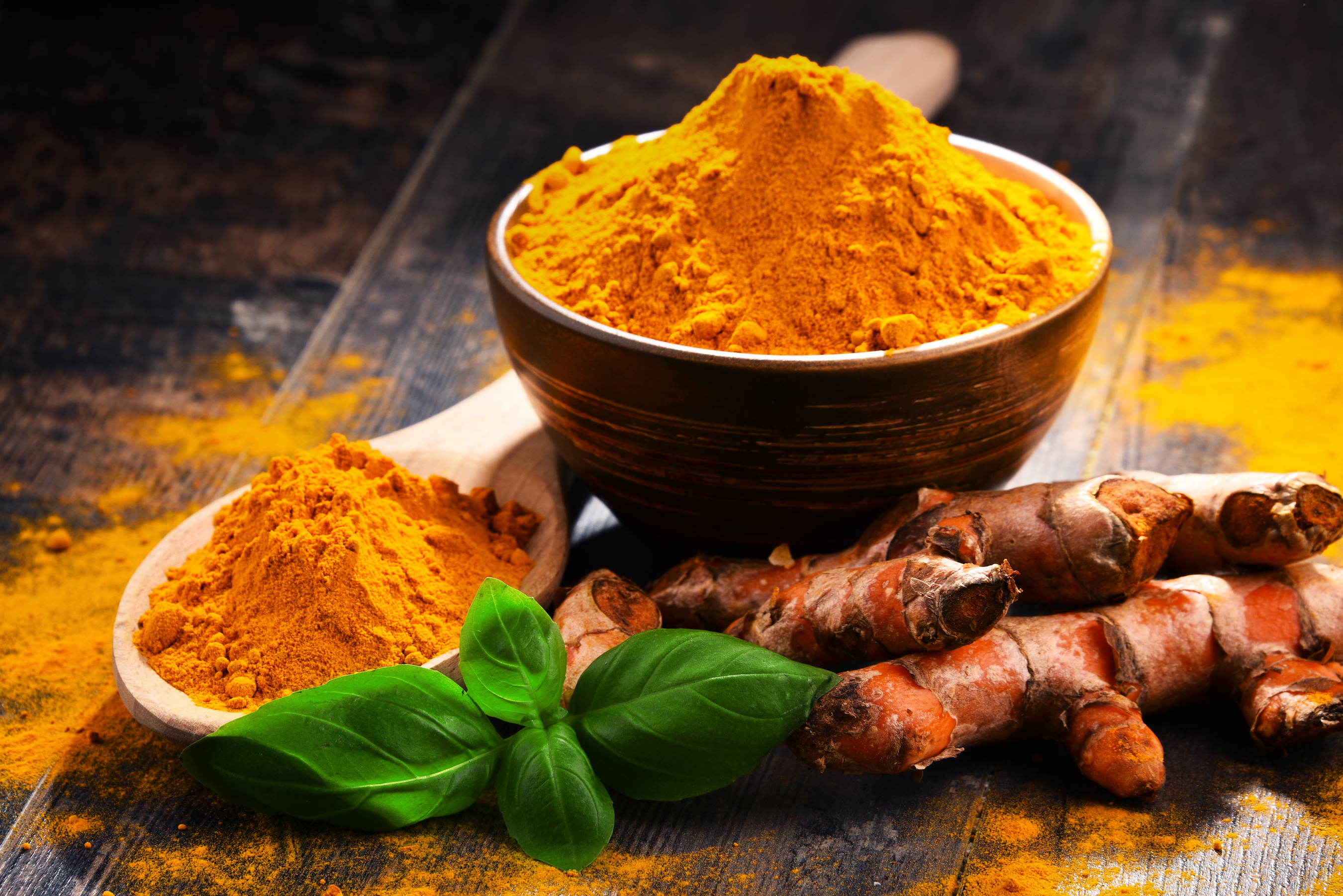
Turmeric is a spice that has been used for centuries in Indian cuisine and traditional medicine. It’s known for its distinct yellow color and warm, slightly bitter taste. But turmeric’s benefits go far beyond its flavor. In fact, it has been hailed as a superfood for its numerous health benefits. In this article, we’ll explore 20 of the top health benefits of turmeric that you should already know by now.
1. Introduction
Turmeric has been used in traditional medicine for thousands of years to treat a variety of ailments. In recent years, modern research has uncovered a wealth of evidence supporting the health benefits of this spice. Turmeric contains a compound called curcumin, which is responsible for many of its health benefits. In this article, we’ll explore 20 of the top health benefits of turmeric.
2. What is Turmeric?
Turmeric is a spice that comes from the root of the Curcuma longa plant. It’s commonly used in Indian and Middle Eastern cuisine and has a bright yellow color. Turmeric has a warm, slightly bitter taste and is often used to flavor curries, sauces, and soups.
3. Nutritional Content of Turmeric
Turmeric is a rich source of vitamins and minerals, including iron, potassium, and vitamin C. It’s also high in antioxidants, which help to protect the body from damage caused by free radicals.
4. Turmeric and Anti-Inflammatory Properties
One of the most well-known health benefits of turmeric is its anti-inflammatory properties. Curcumin, the active ingredient in turmeric, has been shown to reduce inflammation in the body. Inflammation is thought to be a major contributor to many chronic diseases, including heart disease, cancer, and Alzheimer’s disease.
5. Turmeric and Anti-Cancer Properties
Studies have shown that turmeric may have anti-cancer properties. Curcumin has been shown to inhibit the growth of cancer cells and to prevent the development of new blood vessels in tumors. It may also help to enhance the effects of chemotherapy and radiation therapy.
6. Turmeric and Brain Function
Turmeric may also have benefits for brain function. Curcumin has been shown to increase levels of brain-derived neurotrophic factor (BDNF), a protein that is essential for the growth and survival of neurons. Low levels of BDNF have been linked to depression and other brain disorders.
7. Turmeric and Digestion
Turmeric has been used for centuries to aid digestion. It helps to stimulate the production of bile, which is essential for the digestion of fats. It may also help to reduce inflammation in the digestive tract and to alleviate symptoms of irritable bowel syndrome (IBS).
8. Turmeric and Skin Health
Turmeric may also have benefits for skin health. Its anti-inflammatory and antioxidant properties can help to reduce inflammation and protect the skin from damage caused by free radicals. It may also help to improve skin elasticity and reduce the appearance of fine lines and wrinkles.
9. Turmeric and Weight Loss
Turmeric may also help with weight loss. Studies have shown that it can help to reduce inflammation, which is thought to be a contributing factor to obesity. It may also help to boost metabolism and to prevent the formation of new fat cells.
10. Turmeric and Heart Health
Turmeric may also have benefits for heart health. Its anti-inflammatory properties can help to reduce inflammation in the blood vessels and to lower cholesterol levels. It may also help to improve circulation and to reduce the risk of blood clots.
11. Turmeric and Diabetes
Turmeric may also help to regulate blood sugar levels in people with diabetes. Studies have shown that it can help to improve insulin sensitivity and to reduce inflammation, which are both important factors in the management of diabetes.
12. Turmeric and Arthritis
Turmeric may also help to reduce inflammation and alleviate symptoms of arthritis. Studies have shown that it can help to reduce pain and improve joint function in people with osteoarthritis and rheumatoid arthritis.
13. Turmeric and Allergies
Turmeric may also help to alleviate symptoms of allergies. Its anti-inflammatory properties can help to reduce inflammation in the nasal passages and to alleviate symptoms of hay fever and other allergies.
14. Turmeric and Asthma
Turmeric may also have benefits for people with asthma. Its anti-inflammatory properties can help to reduce inflammation in the airways and to alleviate symptoms of asthma.
15. Turmeric and Immune System Health
Turmeric may also have benefits for the immune system. Its antioxidant and anti-inflammatory properties can help to strengthen the immune system and to protect the body from infections and diseases.
16. Turmeric and Liver Health
Turmeric may also have benefits for liver health. Studies have shown that it can help to reduce inflammation in the liver and to protect against liver damage caused by toxins and alcohol.
17. Turmeric and Eye Health
Turmeric may also have benefits for eye health. Its antioxidant properties can help to protect the eyes from damage caused by free radicals and to reduce the risk of age-related macular degeneration.
18. Turmeric and Oral Health
Turmeric may also have benefits for oral health. Its anti-inflammatory and antibacterial properties can help to reduce inflammation in the gums and to prevent the growth of bacteria that can cause tooth decay and gum disease.
19. Turmeric and Joint Pain
Turmeric may also help to alleviate joint pain. Its anti-inflammatory properties can help to reduce inflammation in the joints and to alleviate symptoms of arthritis and other joint conditions.
20. Turmeric and Wound Healing
Turmeric may also have benefits for wound healing. Its anti-inflammatory and antibacterial properties can help to reduce inflammation and prevent infection, which are both important factors in the healing process.
Conclusion
In conclusion, turmeric is a superfood that offers numerous health benefits. Its active ingredient, curcumin, has been shown to have anti-inflammatory, antioxidant, and anti-cancer properties, among others. By incorporating turmeric into your diet or using supplements, you can enjoy these health benefits and support your overall well-being.
FAQs
Is turmeric safe to consume?
Yes, turmeric is generally safe to consume in food and supplement form. However, it may interact with certain medications, so it’s important to speak with your doctor before adding turmeric to your diet if you’re taking any medications.
How much turmeric should I consume daily?
There is no specific recommendation for how much turmeric to consume daily, but most studies have used doses ranging from 500-2,000 mg of curcumin per day. It’s best to speak with your doctor or a registered dietitian to determine the appropriate dosage for your individual needs.
Can turmeric help with depression?
There is some evidence to suggest that turmeric may have benefits for people with depression, although more research is needed to confirm this. Turmeric’s anti-inflammatory properties may help to reduce inflammation in the brain, which is thought to be a contributing factor to depression.
Can turmeric interact with medications?
Yes, turmeric may interact with certain medications, including blood thinners, diabetes medications, and chemotherapy drugs. It’s important to speak with your doctor before adding turmeric to your diet if you’re taking any medications.
Can turmeric be used topically for skin conditions?
Yes, turmeric can be used topically for skin conditions, although it may temporarily stain the skin. Turmeric’s anti-inflammatory and antioxidant properties can help to reduce inflammation and protect the skin from damage caused by free radicals. It may also help to improve skin elasticity and reduce the appearance of fine lines and wrinkles.




